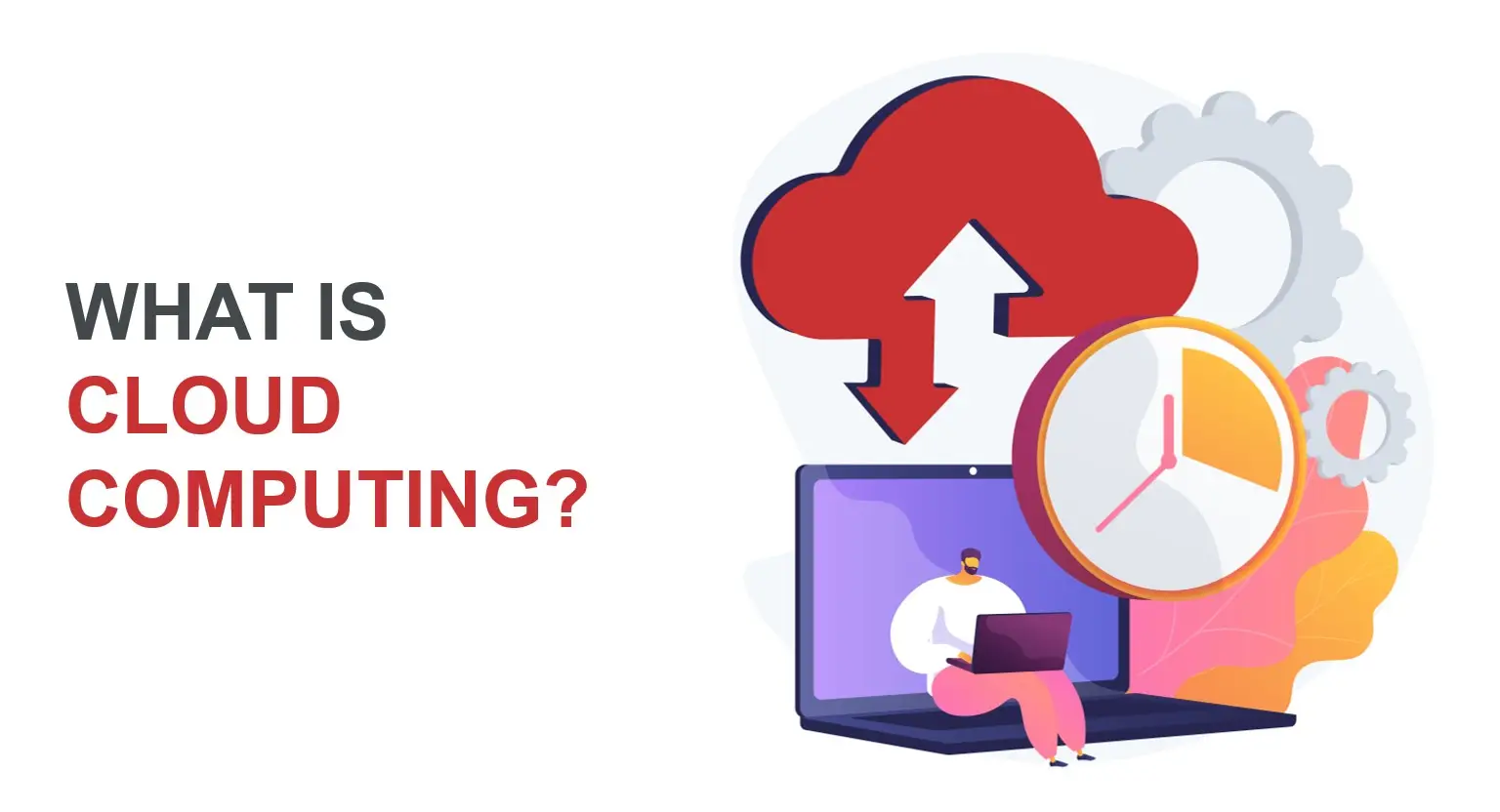What is Cloud Computing?

1 Minutes 41 Seconds | 2321views
Listen This Article Now!
Introduction
Cloud computing is the delivery of computing services—including servers, storage, databases, networking, software, analytics, and intelligence—over the Internet (“the cloud”) to offer faster innovation, flexible resources, and economies of scale.
Advantages of Cloud Computing
One of the biggest advantages of cloud computing is that it allows for a more flexible and cost-effective use of IT resources. Instead of having to invest in expensive hardware and software, organizations can rent the resources they need on an as-needed basis. This eliminates the need for large upfront investments and allows organizations to scale their resources up or down as needed. Another advantage of cloud computing is that it allows organizations to be more agile. With cloud computing, IT teams can quickly spin up new resources and applications without having to wait for hardware to be ordered and configured. This can lead to faster time-to-market for new products and services.
Cloud computing also enables remote work and collaboration. Cloud-based services can be accessed from anywhere with an internet connection, which allows employees to work from anywhere, at any time. This can improve productivity and reduce costs associated with having employees work in a physical office.
Types of Cloud Computing Services
There are several types of cloud computing services, including Software as a Service (SaaS), Platform as a Service (PaaS), and Infrastructure as a Service (IaaS). SaaS is the most common type of cloud service and includes applications such as email, customer relationship management (CRM), and enterprise resource planning (ERP). PaaS is used for developing, running, and managing applications and services, while IaaS provides virtualized computing resources over the internet.
While cloud computing offers many benefits, it is important to consider security when using these services. Data stored in the cloud is vulnerable to cyber-attacks, and it is important to take appropriate measures to protect it. This includes encrypting data, implementing strong access controls, and regularly monitoring for suspicious activity.
Conclusion
In conclusion, cloud computing has become an integral part of the business world and offers many benefits such as flexibility, scalability, and cost-effectiveness. But as with any technology, it is important to understand the risks and take appropriate measures to protect sensitive information.
Ready to take your business to the cloud? Contact CyberNX today and learn how our cloud computing services can help you boost efficiency, scalability, and security.
Table Of Content
- Introduction
- Advantages of Cloud Computing
- Types of Cloud Computing Services
- Software as a Service (SaaS)
- Platform as a Service (PaaS)
- Infrastructure as a Service (IaaS)
- Conclusion
Introduction
Cloud computing is the delivery of computing services—including servers, storage, databases, networking, software, analytics, and intelligence—over the Internet (“the cloud”) to offer faster innovation, flexible resources, and economies of scale.
Advantages of Cloud Computing
One of the biggest advantages of cloud computing is that it allows for a more flexible and cost-effective use of IT resources. Instead of having to invest in expensive hardware and software, organizations can rent the resources they need on an as-needed basis. This eliminates the need for large upfront investments and allows organizations to scale their resources up or down as needed. Another advantage of cloud computing is that it allows organizations to be more agile. With cloud computing, IT teams can quickly spin up new resources and applications without having to wait for hardware to be ordered and configured. This can lead to faster time-to-market for new products and services.
Cloud computing also enables remote work and collaboration. Cloud-based services can be accessed from anywhere with an internet connection, which allows employees to work from anywhere, at any time. This can improve productivity and reduce costs associated with having employees work in a physical office.
Types of Cloud Computing Services
There are several types of cloud computing services, including Software as a Service (SaaS), Platform as a Service (PaaS), and Infrastructure as a Service (IaaS). SaaS is the most common type of cloud service and includes applications such as email, customer relationship management (CRM), and enterprise resource planning (ERP). PaaS is used for developing, running, and managing applications and services, while IaaS provides virtualized computing resources over the internet.
While cloud computing offers many benefits, it is important to consider security when using these services. Data stored in the cloud is vulnerable to cyber-attacks, and it is important to take appropriate measures to protect it. This includes encrypting data, implementing strong access controls, and regularly monitoring for suspicious activity.
Conclusion
In conclusion, cloud computing has become an integral part of the business world and offers many benefits such as flexibility, scalability, and cost-effectiveness. But as with any technology, it is important to understand the risks and take appropriate measures to protect sensitive information.
Ready to take your business to the cloud? Contact CyberNX today and learn how our cloud computing services can help you boost efficiency, scalability, and security.
Share this on: